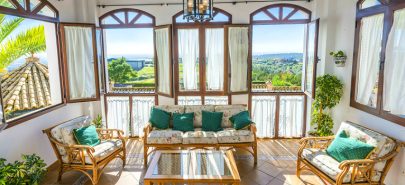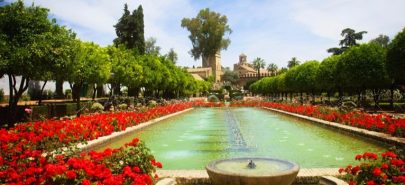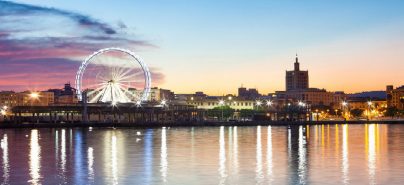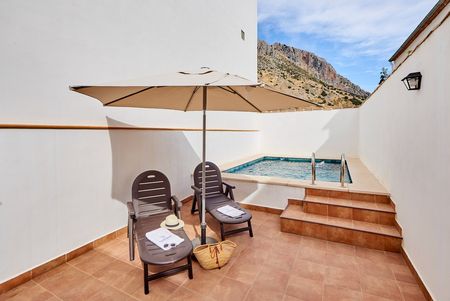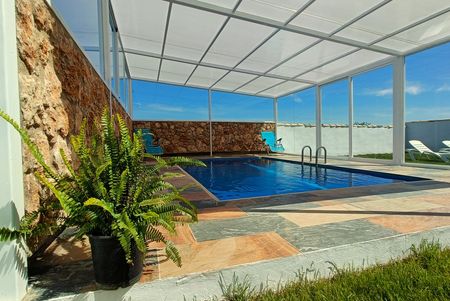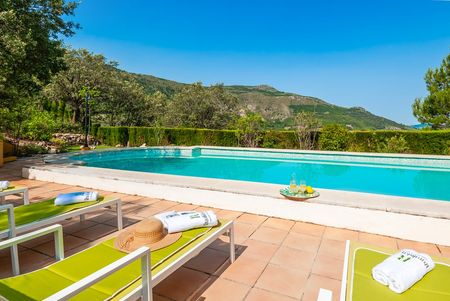Discover what to see in Ubeda, a town that welcomes a World Heritage Site treasure
The Renaissance Monumental Ensemble of the town of Ubeda and its sister Baeza was declared World Heritage Site by the UNESCO in 2003. You will wonder why no more after you have finished reading this post about what to see in Ubeda.
Where do the beauties in Ubeda come from?
Ubeda is a 9th-century town in the province of Jaen that, together with Baeza, was transformed during the Catholic Reconquest of the 13th century. But it was only during the 16th century when the Italian Renaissance influences reached Spain that Ubeda and Baeza acquired their charm. This process was made possible by the Molina family’s commissions, whose component Francisco de Los Cobos y Molina was King Charles V’s privy secretary. The masterpieces created are now considered some of the purest examples of Renaissance in whole Spain.
If you want to discover which monuments to see in Ubeda, also known as “the town of hills”, know that the majority of the monuments worth visiting are in the south-east area of the village, in the casco antiguo (old quarter).
The Sacred Chapel of El Salvador
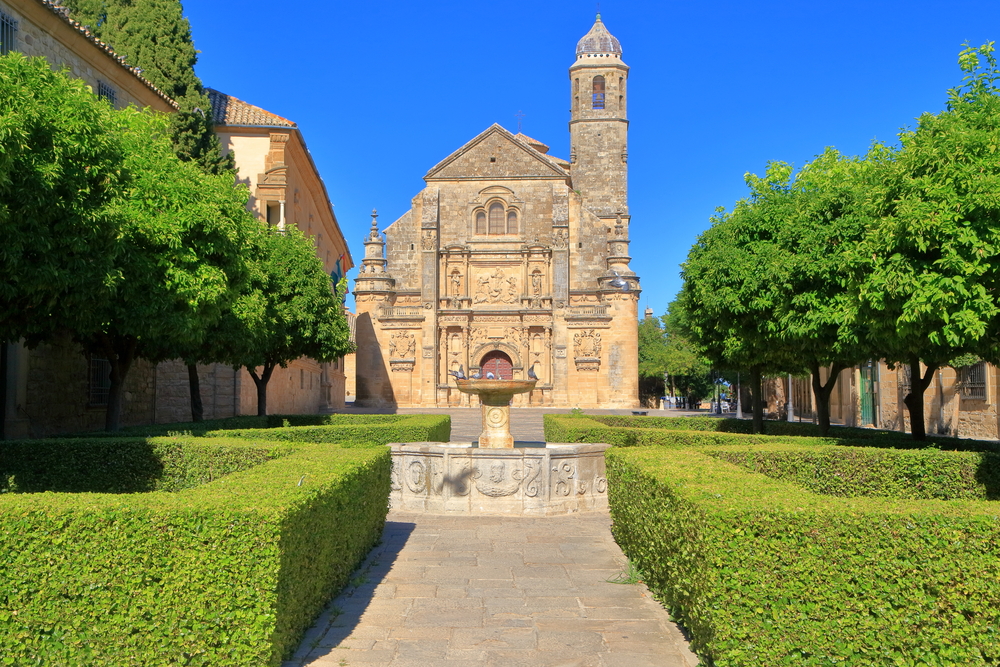
Located in the famous Plaza Vázquez de Molina, the Sacra Capilla del Salvador’s building work started in 1536 under the directions of Diego de Siloé, the architect of the Puerta del Perdón of the Granada’s cathedral, on which he modelled the mesmerising facade of the Chapel. In 1540, architect Andrés de Vandelveira, who fathered many other monuments of Ubeda, continued the building of the side entrance and the sacristy.
The Chapel was created as a pantheon for Francisco de Los Cobos, and the traces of this project you can spot in the funerary sculptures located on the lateral towers. However, religious worships are carried along in the Chapel nowadays, making it one of the most prestigious Christian churches of Andalucia.
- €5/adult
- €2.50/people between 8 and 15 years old and groups of up to 20 people
- €4.50/people older than 65 years old and groups of up to 4 people
- From May to September
- Monday to Thursday: 9.30 am – 2 pm and 4.30 pm – 7.30 pm
- Friday and Saturday: 9.30 am – 3 pm and 4.30 pm – 7.30 pm
- Sunday: 11.30 am – 3 pm and 4 pm – 7.30 pm
- From October to April
- Monday to Thursday: 9.30 am – 2.30 pm and 4 pm – 6 pm
- Friday and Saturday: 9.30 am – 3 pm and 4 pm – 6 pm
- Sunday: 11.30 am – 3 pm and 4 pm – 7 pm
Condestable Dávalos Palace
In the same square as the Chapel of Salvador, you will find the stunning Palacio del Condestable Dávalos, a 17th-century building which has been reformed into the most luxurious inn in town.
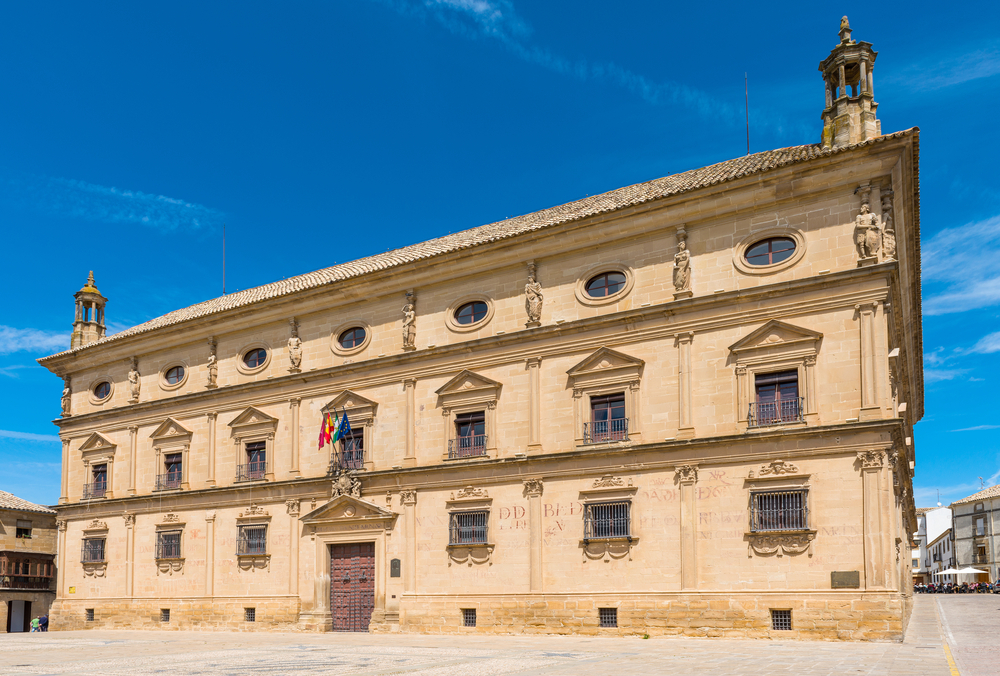
Vázquez de Molina Palace
This palace, also known as “Las Cadenas” for the chains located on its facade, hosts the city council of Ubeda. Located in the Plaza de Vázquez de Molina, it is guarded by two stone lions, symbols of the city and numerous human-like sculptures belonging to the three main architectural orders decorate its facade.
The construction of the palace began in 1562, under the directions of architect Andrés de Vandelvira, and it was supposed to be the residential home of Juan Vázquez de Molina, who, just like his uncle Francisco de Los Cobos, became Charles I’s secretary. Since he didn’t get to lodge in it, the palace was remodelled to welcome a monastery of Dominican nuns.
On the first floor of the palace, you will have the possibility to visit the Municipal Archive, whose Moorish style and picturesque round windows, from which you will spot the Chapel of El Salvador and the Santa María Collegiate Church, will leave you mesmerised.
- Monday to Friday: 8 am – 3 pm and 5 pm – 9 pm
- Saturday: 9 am – 2 pm
- Sunday and Bank holidays: closed
Santa María de Los Reales Alcázares Church
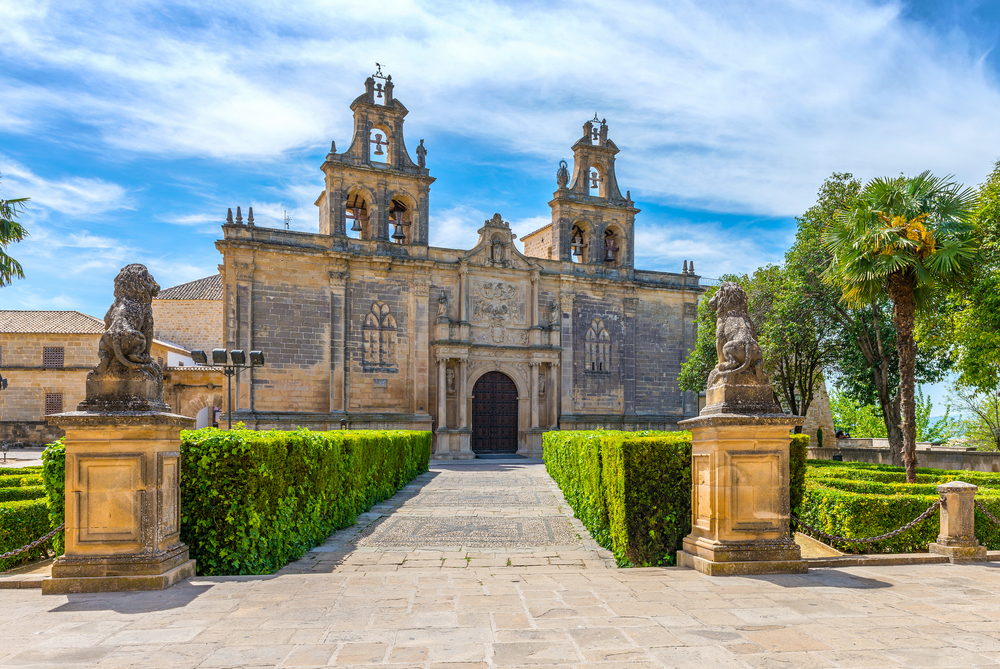
The ancient mosque of Ubeda was converted into the Church of Santa María de Los Reales Alcázares in 1233, also known as Santa María Collegiate Church. However, this church also presents traces of the Bronze Age and a Roman temple dedicated to Diana. The main church of Ubeda was declared National Monument in 1926, and it is part of the World Heritage List since 2003.
- May 5th to September 8th:
- Mo-Sat: 10 am – 2 pm and 5 pm – 8 pm
- Sunday and Bank holidays: 11 am – 2 pm and 5 pm – 8 pm
- January 1st to March 31st:
- Monday: 4 pm – 6.30 pm
- Tue-Sat: 11 am – 2 pm and 4 pm – 6.30 pm
- Sunday: 11 am – 2 pm
- April 1st to May 4th:
- Monday: 5 pm – 7.30 pm
- Tue-Sat: 11 am – 2 pm and 5 pm – 7.30 pm
- Sunday: 11 am – 2 pm
- May 5th to September 8th:
- Mo-Sat: 10 am – 2 pm and 5 pm – 8 pm
- Sunday: 11 am – 2 pm and 5 pm – 8 pm
- September 9th to December 31st:
- Mo-Sat: 10 am – 2 pm and 4 pm – 6.30 pm
- Sunday: 11 am – 2 pm
Santiago Hospital
This magnificent, 1575 building is architect Vandelvira’s last project. It was initially built to welcome the poor people of the city that got sick. However, nowadays it welcomes an exhibition and conference centre, a library and a municipal dance hall. Its fame is so spread that it is known as the cultural centre of Ubeda, alongside being declared National-Historic and Architectonic Monument in 1917.
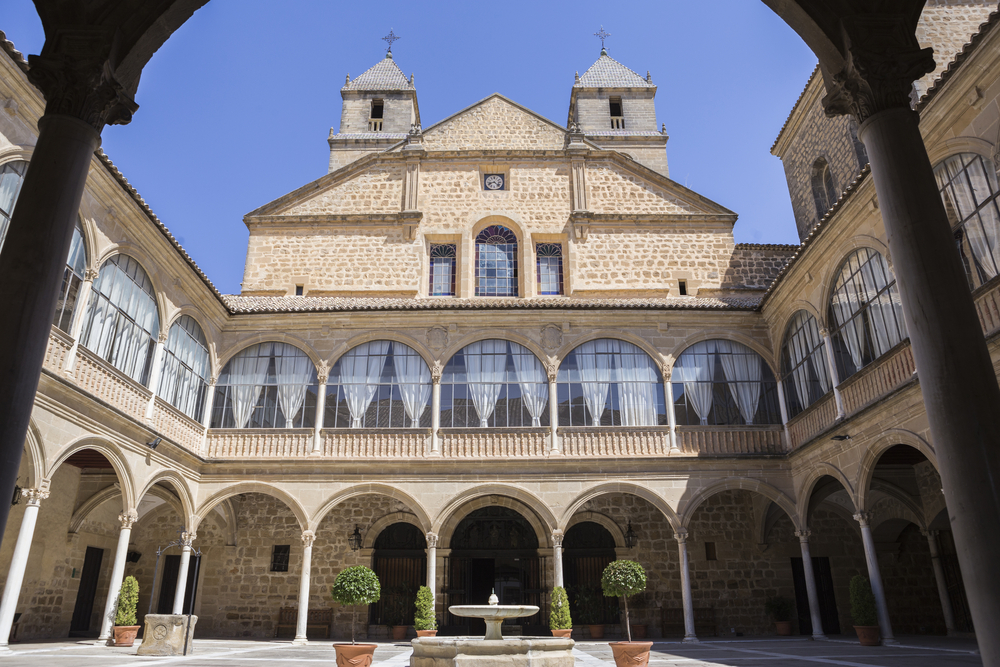
Other monuments to see in Ubeda
If you want to know more about Ubeda, stop by the 10th-century Water Synagogue, discovered in 2006 and resulting in the city’s latest museum. You can’t also miss out on the 16th-century Vela de Los Cobos Palace, whose interior welcomes paintings and antiques, and the Pottery Museum, located in the Barrio San Millán, the pottery neighbourhood. Here you will discover the history behind this tradition through an extensive exhibition explaining the processes for which Ubeda is known worldwide.
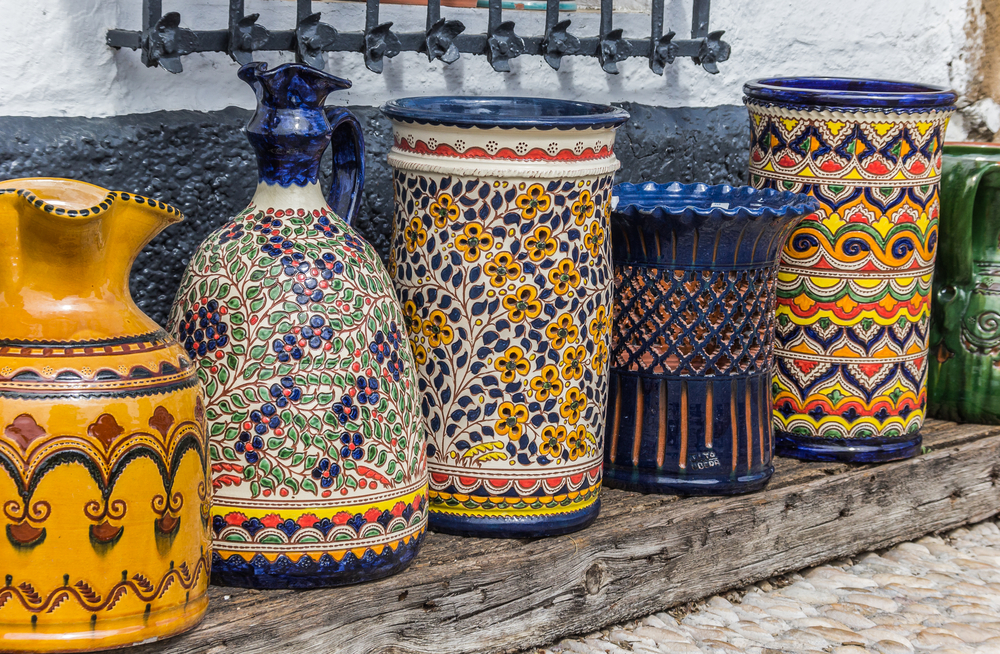
Places to stay in Ubeda
If you need time to relax and enjoy the mesmerising surroundings of this fantastic city, check out some fabulous holiday homes in Ubeda. Relaxation and fun are just one click away!
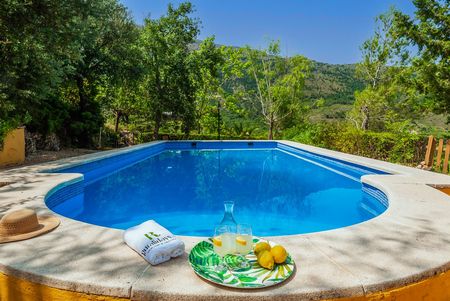
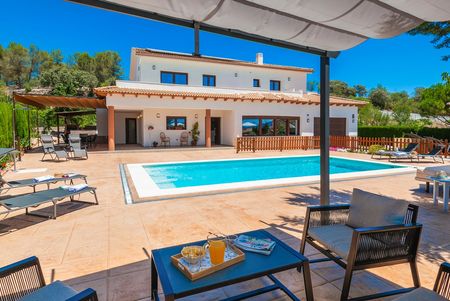
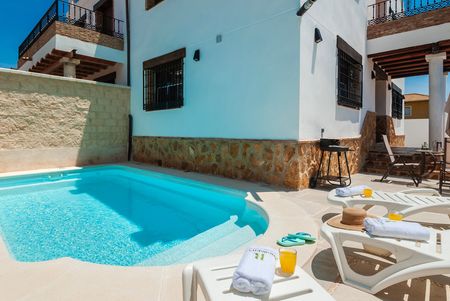
Find out what to see in Ubeda, and discover more about Ubeda and Baeza by sticking with us!
Did you find what you were looking for? Do you think that you will go and discover what to see in Ubeda by yourself now? Tell us in the comments!

